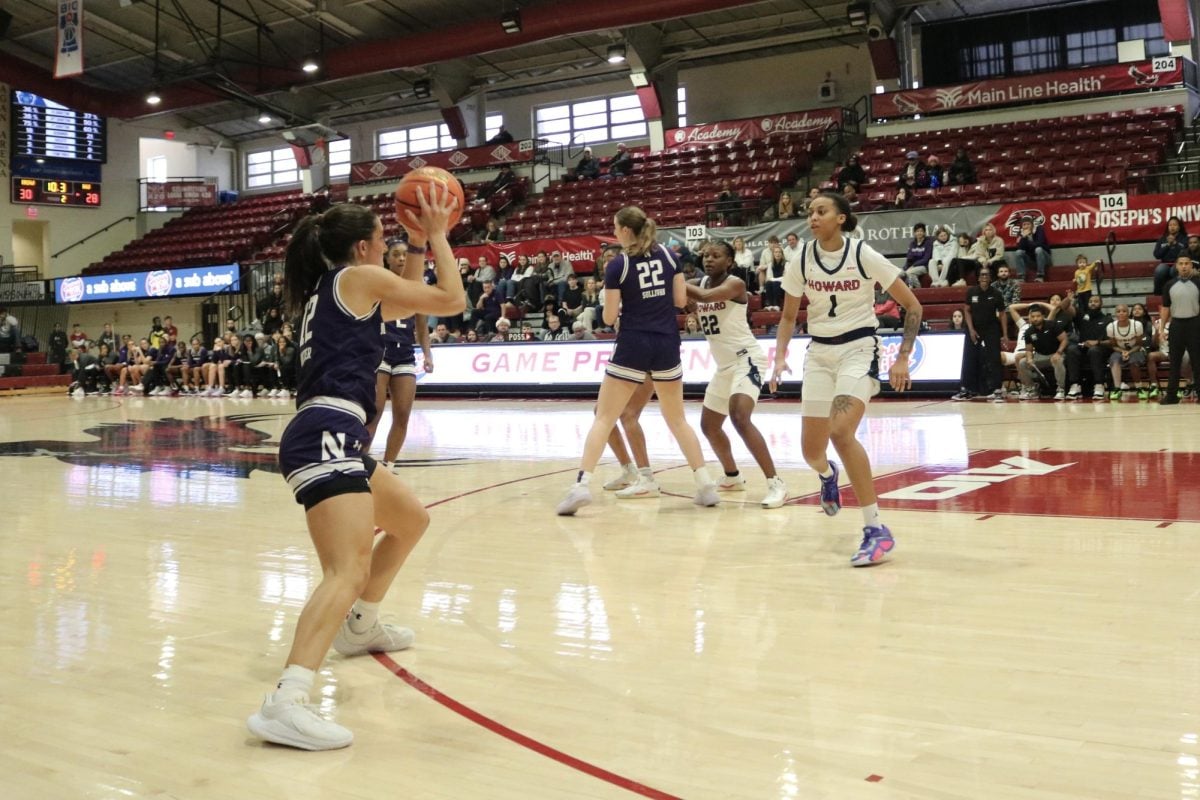The Aspen Institute has awarded a $100,000 grant to an education project aimed at low-income families spearheaded by the Evanston Community Foundation and Northwestern researchers, the University announced Friday.
The foundation and its partners at NU’s Institute for Policy Research will use the money, given by the think tank’s low-income education branch Ascend, for a project that will use a two-generation approach to help the neediest families in Evanston improve their socioeconomic status. The effort will provide education and job training to parents and early childhood education to their kids. Studies have shown this combination has a positive impact on the families, said Teresa Eckrich Sommer, the project’s senior research scientist.
The project, currently titled “Education Squared,” draws from the ECF challenge known as, “Every child ready for kindergarten, Every youth ready for work.” The foundation launched the pre-kindergarten home visitation program for children in low-income families in 2007.
“Everyone was concerned about the un-level playing field, the achievement gap, the underperformance of low-income children in Evanston,” said Sara Schastok, ECF president and CEO. “There were a lot of things that told us the first years of children’s lives are very important in terms of addressing issues that were important in the community of Evanston.”
The project aims to improve the life outcomes for both generations by providing post-secondary education and workforce training to parents at the same time it does to their children.
“We’re helping them focus on investment in the parents as well,” Sommer said. “So while the children are very young, the parents will be advancing in their education … and advancing their skills to get higher earnings.”
Sommer said the institute will do research and help develop the project for older children. Sommer is working with Lindsay Chase-Lansdale, the incoming associate provost for faculty.
Chase-Lansdale, an Ascend fellow, applied for the grant on behalf of the group. The grant will give ECF and the researchers a year “to begin a very small pilot program, develop the model and seek funding” for a future launch, Sommer said. The pilot program will be tested on about 15 parents.
“It very much will be built on building from what currently exists in the community,” she said. “This is not us telling the organizations in the community what to do, but rather creating a form and a sense of collaboration that will allow those with experience within the community to share their input, voices and become partners at the table.”
Sarah Haight, a program manager who was part of the selection process for grant recipients, said Ascend saw Evanston as a community “that has a lot of passion for innovation and partnership.” Although the grant is intended for planning and piloting, Haight said she hopes to see it have a wider reach.
“Longer term, we’d like to see this pilot grow to serve many more families in the Evanston community and potentially be replicated around the Chicago metro area,” she said.
Assistant summer editor Jeanne Kuang can be reached at jeannekuang2016@u.


















